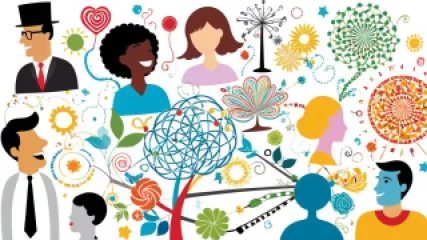Understanding and Addressing Teen Self-Esteem Issues
1 year ago
Teen Self Esteem Issues
How to Overcome the Fear of Failure: A Comprehensive Guide
1 year ago
Fear Of Failure
The Undeniable Advantages of Professional Life Coaching
1 year ago
Life Coaching Advantages
The Psychology Behind Humor: A Research Summary
1 year ago
Psychology of Humor
5 Essential Healing Exercises for Divorcees
1 year ago
Dealing with Divorce
Overcoming Health Anxiety: A Rational Perspective
1 year ago
Health Anxiety
How to Heal From a Broken Heart in 7 Steps
1 year ago
Managing a Breakup
Overcoming Mental Fatigue: My Personal Journey to Boosting Energy
1 year ago
Mental Fatigue Solutions
What Is Dance Movement Therapy and How Can It Benefit Online Workshops?
1 year ago
Dance Movement Therapy
Embracing the Wait: A Personal Journey of Mindfulness
1 year ago
Psychology of Waiting
How Daily Mindfulness Supports Mental Clarity: An Interview with a Mindfulness Expert
1 year ago
Mindfulness in Daily Routines
The Ultimate Guide to Remote Sessions for Moving On from Divorce
1 year ago
Divorce Counseling
What is the Best Way to Find Online Support for Grief and Loss?
1 year ago
Bereavement Support
5 Lessons from 'The Matrix' to Overcome Imposter Syndrome
1 year ago
Imposter Syndrome
Building Trust in Parent-Child Relationships
1 year ago
Parent Child Relationship














